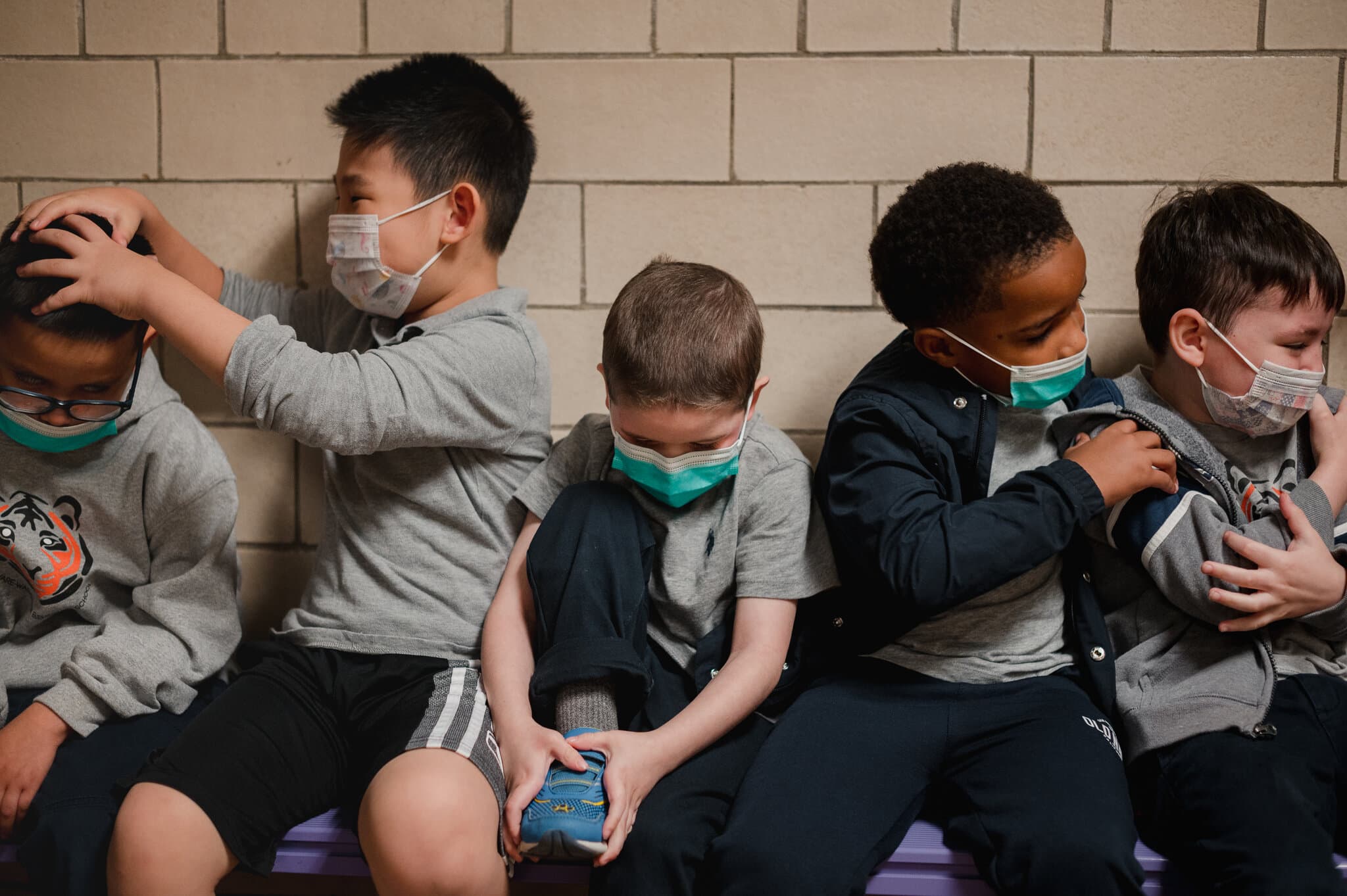Over 1,000 U.S. Youth COVID-19 Deaths Recorded as Physician-Scientist Criticizes School Closures' Impact

A recent social media post by physician-scientist Kevin Bass, PhD, MS, has reignited debate over the efficacy and consequences of COVID-19 pandemic measures, particularly school closures. Bass highlighted the relatively low mortality rate for young individuals, stating, "> The death rate from COVID for those aged 0-19 years is 0.0003%. A 1-in-333,333 chance of dying." He further criticized the response, adding, "> They shut down schools. They did permanent damage to child development. They sacrificed large numbers of the young for a tiny minority of very old. And it didn't even work."
Official data from sources like the American Academy of Pediatrics (AAP) and the Centers for Disease Control and Prevention (CDC) indicate that while COVID-19 mortality in children and adolescents is significantly lower than in adults, it is not zero. The AAP reported an estimated 1,086 deaths among children aged 1-17 years in the United States from 2020 to 2022. Globally, UNICEF reported over 17,400 COVID-19 deaths among individuals under 20 years of age.
Early in the pandemic, public health authorities implemented school closures as a precautionary measure to curb community transmission, protect vulnerable populations, and prevent healthcare systems from being overwhelmed. This decision was made amidst significant uncertainty regarding the novel virus's impact on children and its transmissibility in educational settings. The World Health Organization (WHO) and UNICEF noted that these initial decisions were driven by a lack of comprehensive data and a global response to a rapidly spreading pathogen.
However, the prolonged closure of schools has been widely documented to have substantial negative consequences for children and adolescents. Organizations such as the WHO, the American Psychological Association (APA), and the Brookings Institution have reported widespread learning loss, exacerbated educational inequalities, and a significant increase in mental health issues, including anxiety and depression, among youth. These impacts were particularly severe for children from disadvantaged backgrounds, affecting their social and emotional development.
Kevin Bass, a physician-scientist with a background in molecular biology and immunology, has been a prominent critic of certain aspects of the pandemic response. His commentary frequently focuses on public health policy and the societal implications of interventions like lockdowns and school closures. The ongoing discussion underscores the complex trade-offs faced by policymakers during the pandemic, balancing public health protection with the broader well-being of different age groups.